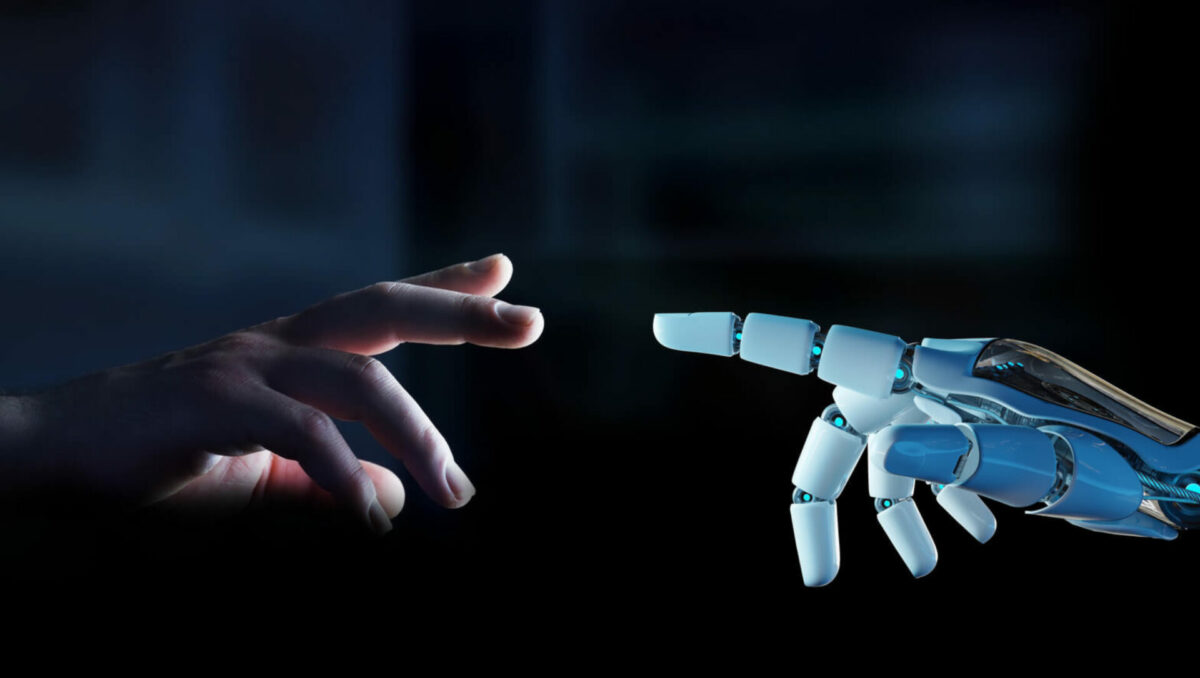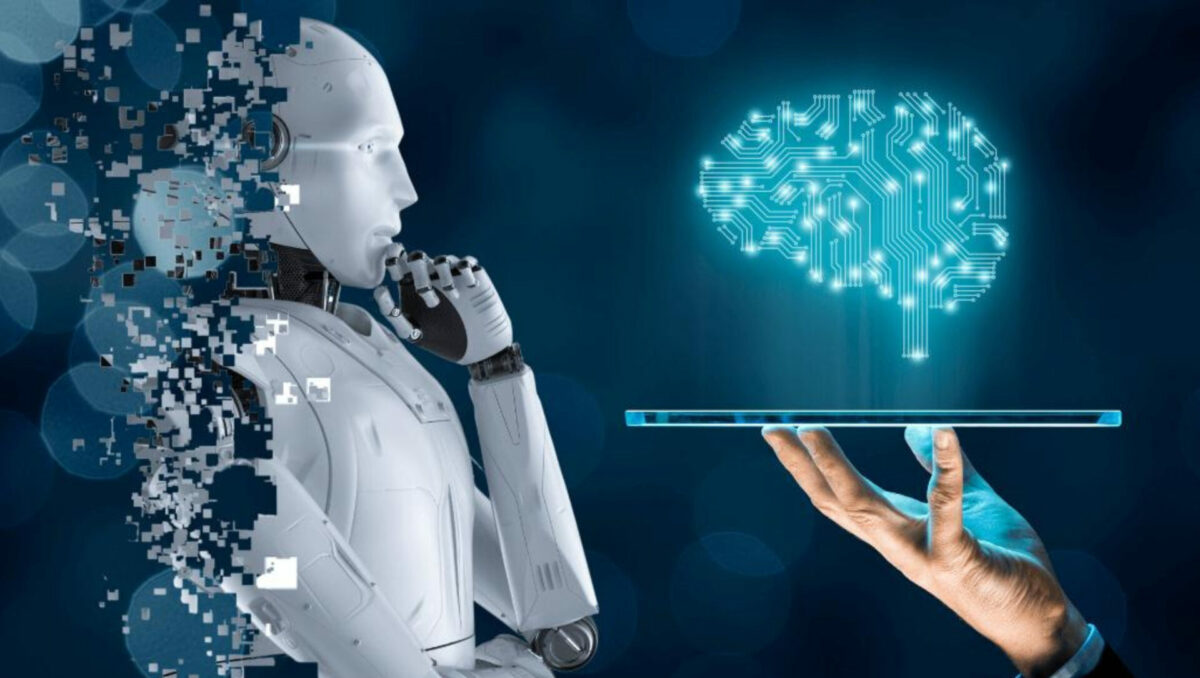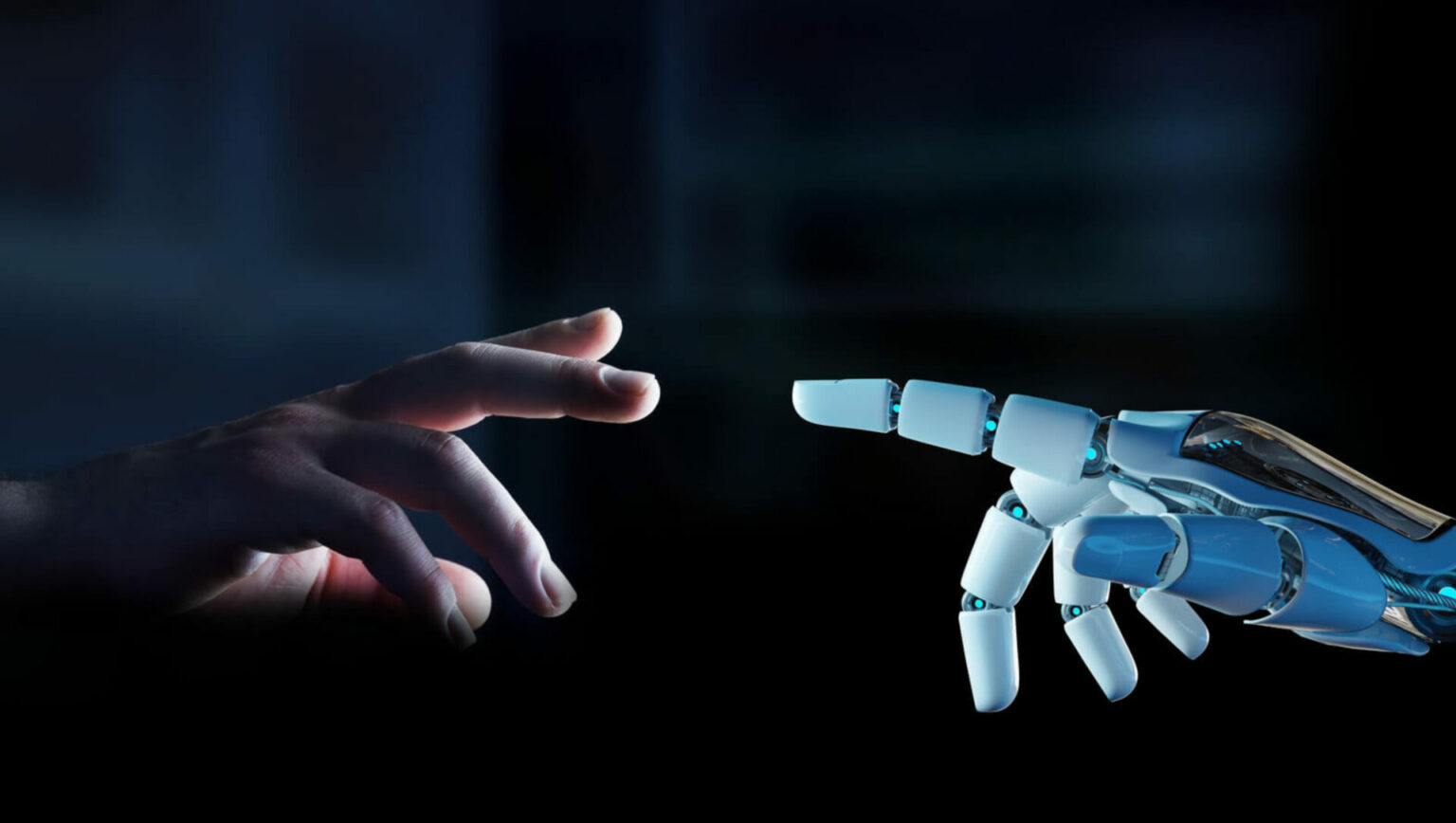According to a recent report from researchers at Auckland, Duke, and Cornell Universities, companion robots improved with artificial intelligence may one day aid in reducing the loneliness epidemic. This amazing hypothesis, put forth by researchers from Cornell, Auckland, and Duke Universities, isn’t just another science fiction story; rather, it’s a sober investigation of how AI can alter how we perceive and address loneliness and isolation.

The Loneliness Epidemic
The Survey Centre on American Life reports that since 1990, the proportion of Americans who say they don’t have any close friends has quadrupled. A third of the world’s population is thought to experience a pervasive sense of social isolation and loneliness.
Being alone is associated with a higher risk of mental disease, obesity, dementia, and even early mortality, making it a serious health concern. According to Vivek H. Murthy, M.D., the U.S. Surgeon General, the negative effects of loneliness on one’s health may be comparable to those of smoking cigarettes.
A Seemingly Fictional Solution
Making a companion robot to accompany socially isolated older persons may prove to be a promising option, despite the fact that it becomes increasingly challenging to establish new friendships at an adult age for combating loneliness.
Professor of Psychological Medicine at Waipapa Taumata Rau, University of Auckland, Elizabeth Broadbent, Ph.D., remarked that AI gives intriguing prospects to give companion robots better social abilities. But we must take care to include guidelines that are moral and reliable.
In the millions of contacts that social robots like the ElliQ have had with human users, roughly half involved ordinary companionship, such as company over a cup of tea or coffee. Companion robots may help elderly people stay healthy and active in their homes by reducing stress and loneliness, according to a growing body of studies.

The Recent Study
The researchers’ paper, which was published in Science Robotics, sets a bold new course for ethical issues in the age of AI and includes recommendations for politicians, engineers, physicians, and governments alike. In order to create quickly evolving recommendations that address issues of trust, agency, involvement, and real-world efficacy, the authors emphasize the urgent need for stakeholders to coordinate their efforts.
Social Interactions and Artifical Intelligence
The social bonds between humans and more recent robot generations may be stronger thanks to their integration with cutting-edge AI programs. With the help of generative AI, such as ChatGPT, which is based on extensive language models, robots may conduct more impromptu conversations and even imitate the voices of deceased friends and family members.
The majority of physicians are likewise on board, according to the authors. 307 healthcare experts from Europe and the US participated in a Sermo survey, and 69% of the respondents believed that social robots could provide companionship, reduce loneliness, and potentially even improve patients’ mental health. 70% of doctors agreed that the cost of companion robots should be covered by insurance if the robots prove to be effective in fostering friendships. Determining a robot’s impact is still difficult, though.

The “Companion Robot Impact Scale” (Co-Bot-I-7) is a patient-rated outcome measure that the researchers have created to address this measurability issue. This scale is used to assess how companion robots affect loneliness and physical health. These concerns may already be effectively mitigated by companion robots, according to preliminary data from this measure.
For instance, preliminary research from Broadbent’s group indicates that friendly androids can make people feel less stressed and even speed up the healing of tiny skin wounds.
The authors of the paper are confident that with the proper ethical guidelines, humans may be able to build on this research to employ robots to create a healthier society.












